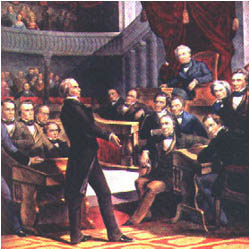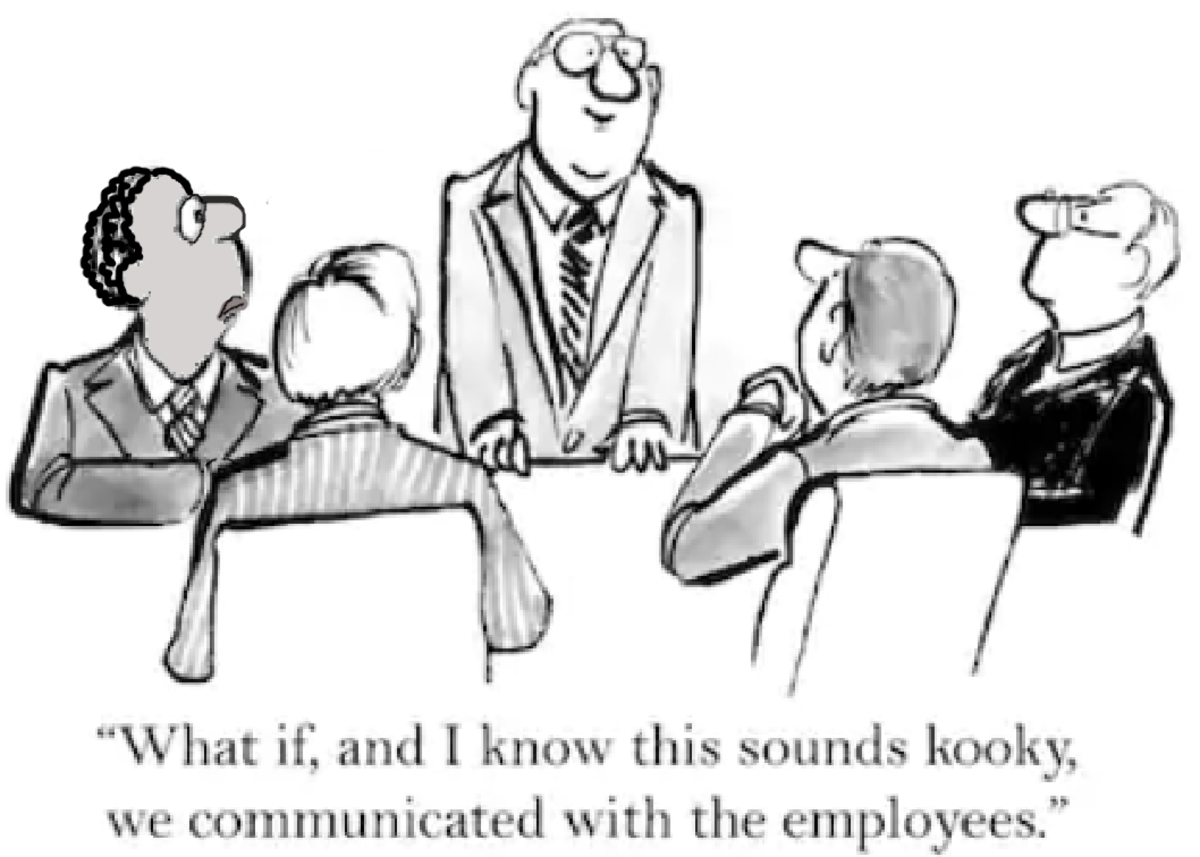What are the disadvantages, if a person lacks communication skill?
Communication, a skill

I know you thought you understood what I said, but do you realize I didn't say what I mean? The vaguaries of efficient communication!
Both the speaker and the listener suffer when poor communication exists. Just a few examples below.
The nervous speaker: if a speaker is nervous they may feel awkward, with less confidence to their message, when they are aware that their skills are poor. Consequently, a feeling of self-consciousness may damage communications. Examples, students before their peers in the classroom; the speaker whose first language isn't English with English-speaking listeners; the speaker who knows they're burdened with a lisp, a stutter, or other speech impediment.
The "expert" speaker: Another example of poor communication occurs when an over-confident messenger may be speaking in ways his/her listener cannot easily understand. For example, an elderly patient with a young doctor that uses so many medical terms and labels that the doctor's message is now unintelligable to the listener.
The "industry" speaker: This is the speaker who is so addicted to the "language" of his/her profession that these unique terms carry over into their other discussions, lending an odd "tinge" to their communications. One of my personal pet peeves is trying to speak with someone from law enforcement...they seem so fond of the word "perpetrator." Really, don't use that word outside of the precinct office. The 80s movie with Eddie Murphy, Beverly Hills Cop did a hilarious job of spoofing fun at this syndrome. (And, for full disclosure, my husband tends to bring his "industry speak" into our everyday conversations--it's maddening! But, no, he's not in law enforcement)
The "discounted" speaker: If a speaker suffers from something as serious as cerebral palsy or as simple as a "foreign" accent...the intelligence, sincerity, or validity of their message is sometimes discounted by listeners. This is one of the lamest reasons for poor communication between speaker and listener as it usually reflects a "lazy" listener.
Now, for some communication barriers from the listener's situation:
When English-is-not-their-first-language listener: the listener has a difficult time understanding, and so much of the message can be lost. As they try to listen, are they processing a heavy accent, despite good vocabulary and syntax? Or are they trying to get the "true" message when the speaker's vocabulary is limited and suffers from poor syntax? Example: My daughter's first trip to New York City was often frustrating for her because although everyone was speaking English, there were so many accents she couldn't "hear" through! The cab driver from Jamaica, the hotel front-desk person who came from Israel, waiters from Italy, China, France, a manicurist from Germany. She'd never even considered that English could be so hard to understand!
Listener with a mumbler: When the speaker's words are heavily peppered with "uh" and "um" , communication can be lost.
Listener with a slanger: Perhaps the poor communication skill results from the habit of using too much slang or street talk...uh, like, uh, whassup? ya'know-what-I'm sayin' like, really, ya' know? Discerning the actual message can get lost from the prevalence of the unnecessary, distracting words tossed in!
Public speaking is listed as a major fear by more than 90% of Americans! It's a huge phobia...we would rather have a root canal than be asked to speak in public! Such is the pressure of being responsible for being a skilled communicator! Hillary, Barak and John and every minister and rabbi must have a gene missing somewhere to maintain their high degrees of skilled communications.
So, hope this describes some of the disadvantages when communication skills are lacking.









